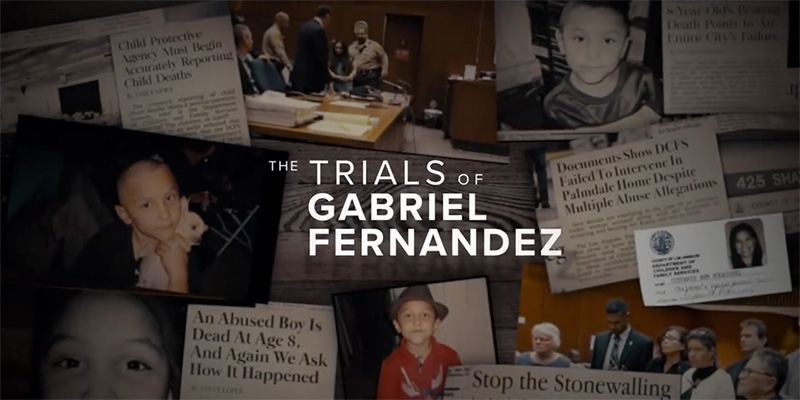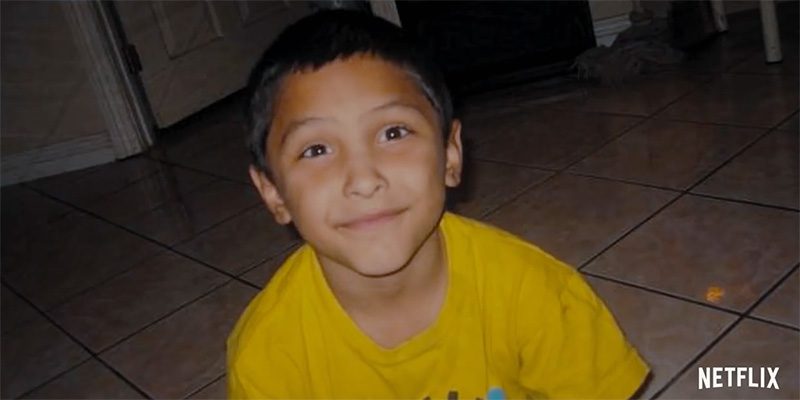
We remember all too well covering the story of young Gabriel Fernandez’s death – a horrifying case of an 8-year-old California boy who was murdered by his own mother and her sadistic boyfriend.
On May 22, 2013, Gabriel Fernandez, was found at his family’s home in Palmdale naked, with evidence of shattered ribs, severe burn marks, a fractured skull and BB pellets buried in his body at his family’s home in Palmdale. Two days later, he was declared brain dead and taken off life support.
His mother, Pearl Fernandez, and her boyfriend Isauro Aguirre were charged with the murder of young Gabriel.
Fernandez eventually pleaded guilty to first-degree murder, admitting her son’s death was murder by torture. Aguirre was convicted at trial of first-degree murder with a special allegation that the murder by torture was intentional.
“Gabriel was frequently beaten by Aguirre because he believed the boy was gay,” prosecutors said in court.

Family members testified during the trial that Gabriel was forced to eat cat feces and cat litter. Prosecutors told the court he was forced to sleep bound and gagged inside a small cabinet in his mother’s room.
At their sentencing, Judge George Lomeli called the abuse Gabriel suffered “horrendous, inhumane and nothing short of evil.” Fernandez was sentenced to life in prison without the possibility of parole and ordered Aguirre to be put to death.
Not only were the duo prosecuted for their crimes, but charges of child abuse and falsifying records were brought against four social workers who had checked on Gabriel over several months but appeared to have done nothing to help Gabriel.
“Looking away when you have the power to make a difference – that is true evil,” says one voice in the documentary’s official trailer.
But an appellate panel ruled in January 2020 that the four social workers should not face criminal charges in regard to Gabriel’s death.
The Trials of Gabriel Fernandez examines not only the homophobia of his mother and her boyfriend but the failure of a system riddled with overloaded caseworkers and a culture of silence.
Witness an unflinching look at the case that put the system on trial. Available on Netflix now.

